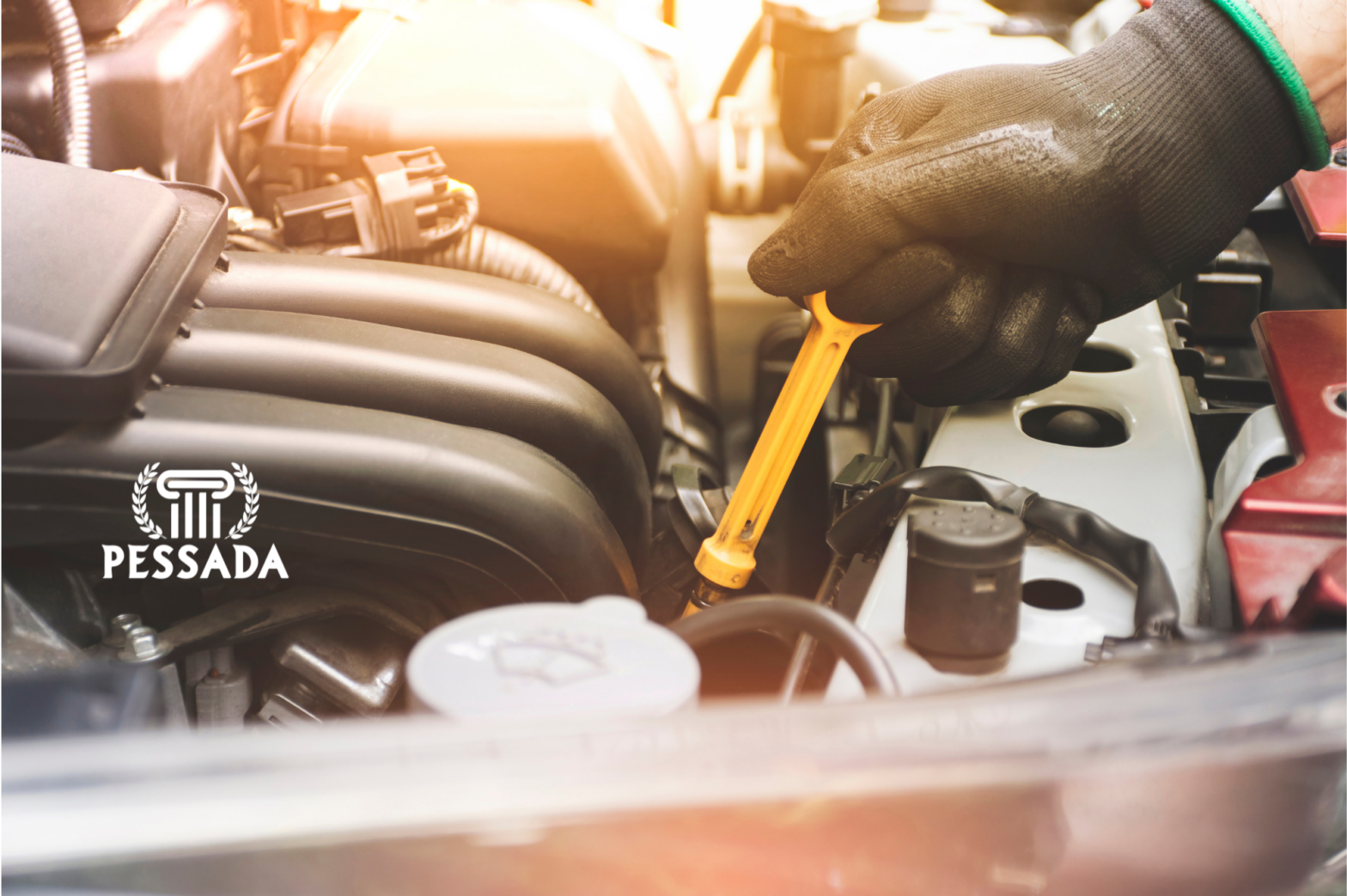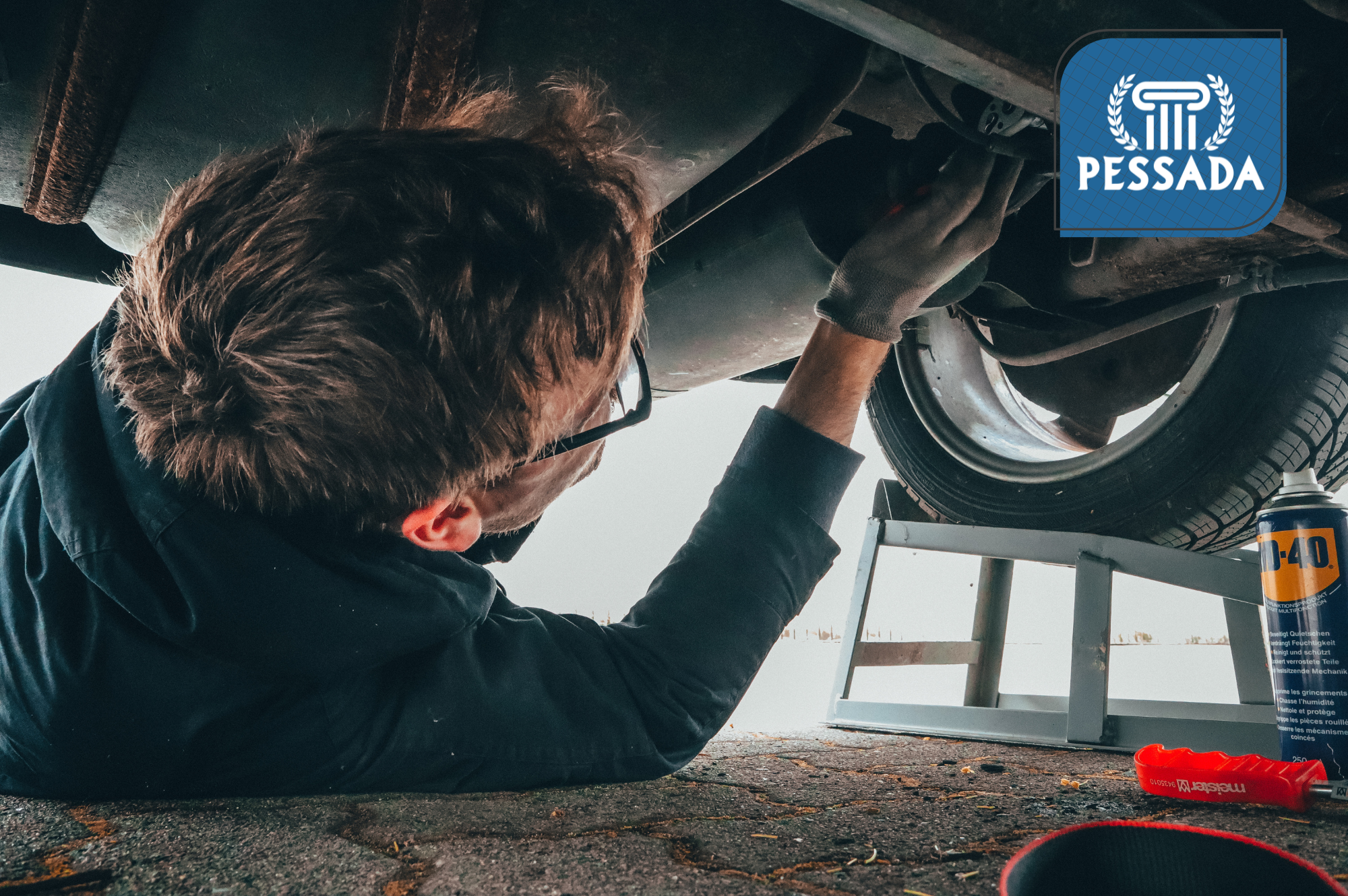7 Proven Strategies to Skyrocket Service Drive Profits at Your Dealership

In today’s competitive automotive landscape, the service drive is more than just a maintenance hub, it’s the profit powerhouse of your dealership. As vehicle sales margins tighten, maximizing dealership service drive profitability becomes critical to long-term success.
This guide reveals seven proven strategies to increase service drive profits, enhance fixed ops profitability, and convert every R.O. (Repair Order) into a meaningful revenue opportunity.
Whether you’re a GM, service director, or fixed ops manager, this roadmap will help you master how to improve service lane revenue and stay ahead of both independent shops and aftermarket competitors.
1. Maximize Technician Productivity with HPRO and ELR Focus
One of the most important KPIs in the service department is Hours Per Repair Order (HPRO). A higher HPRO means your techs are billing more labor per visit, directly increasing labor gross profit.
To boost HPRO:
-
Prioritize multi-point inspections to identify additional repair needs
-
Implement flat-rate efficiency coaching for techs
-
Use effective labor rate (ELR) as a profitability metric, combine actual labor hours with revenue per hour for maximum clarity
According to NADA, the average dealership can increase HPRO by 0.5 with better inspection and communication processes, translating to thousands in added monthly revenue.
2. Empower Service Advisors with Sales Techniques that Work
Your service advisors are frontline revenue generators. Training them with consultative, value-based selling techniques can dramatically improve customer pay ROs and retention.
Key training areas:
-
Roleplay objection handling scenarios
-
Train on menu pricing tools for transparency
-
Encourage video walkarounds to improve trust and upsell conversion
In fact, upselling in fixed ops isn’t about pushing services, it’s about educating customers on vehicle safety, performance, and longevity.
3. Leverage Service Lane Technology for a Seamless Experience
Technology is the cornerstone of service lane efficiency. From mobile check-in to real-time status updates, the right tools streamline your workflow and boost CSI scores.
Best-in-class tools include:
-
DMS-integrated schedulers (e.g., Xtime)
-
Multi-point inspection software with photo/video
-
Mobile service check-in apps
-
Automated declined services follow-up systems
These tools don’t just save time, they increase repair order profit margins by recovering missed opportunities.
4. Track the Right Fixed Ops Metrics Consistently
You can’t improve what you don’t measure. Tracking performance metrics allows you to diagnose bottlenecks and increase service drive profits month-over-month.
Crucial fixed ops metrics include:
-
RO Count (Customer Pay vs Warranty)
-
HPRO (Hours per Repair Order)
-
Effective Labor Rate (ELR)
-
CSI (Customer Satisfaction Index)
-
Shop Capacity Utilization
Use a monthly fixed ops scorecard to align teams on shared goals and incentives.
5. Boost Retention Through Post-Service Marketing & Loyalty
Retention in dealership service is where sustainable profit lies. Most customers never return after their warranty expires—unless you have a structured retention marketing plan.
Retention strategies:
-
Text/email campaigns for due services
-
Offer prepaid maintenance or service plans
-
Launch loyalty programs with service credits
-
Send video MPI reports for transparency
According to Cox Automotive, retaining a customer post-warranty increases lifetime value by over 60%.
6. Optimize Scheduling to Avoid Overstaffing and Bottlenecks
A well-scheduled shop maximizes both volume and margin. Poor scheduling leads to tech idle time, long wait times, and missed upsells.
Tips:
-
Use real-time load balancing in your DMS
-
Enable online/mobile self-scheduling
-
Adjust staffing based on forecasted RO count
Right-sizing your shop schedule ensures higher ELR and HPRO without burning out your team.
7. Differentiate with Transparent, Trust-Building Service
In the battle of aftermarket vs dealership service, trust is your edge. Customers will pay more for dealer-level expertise but only if they trust your recommendations.
Build trust through:
-
Photo and video MPI reports
-
Transparent pricing menus
-
Simple explanations of needed services
-
Follow-up on deferred repairs with helpful reminders
Trust results in higher RO value, repeat visits, and referrals.
Bonus Tip: Compare Against Aftermarket Competition
Customers compare your service experience with quick-lube chains and independents. So highlight what makes you better:
-
Factory-trained techs
-
OEM parts
-
Warrantied labor
-
Digital vehicle health reports
Position your shop as the most reliable, convenient, and expert option in the local market.
Learn More from Pessada’s Education Center
For more in-depth resources, tools, and service drive strategies, visit our Education Center and download free guides, checklists, and video walk-throughs.


